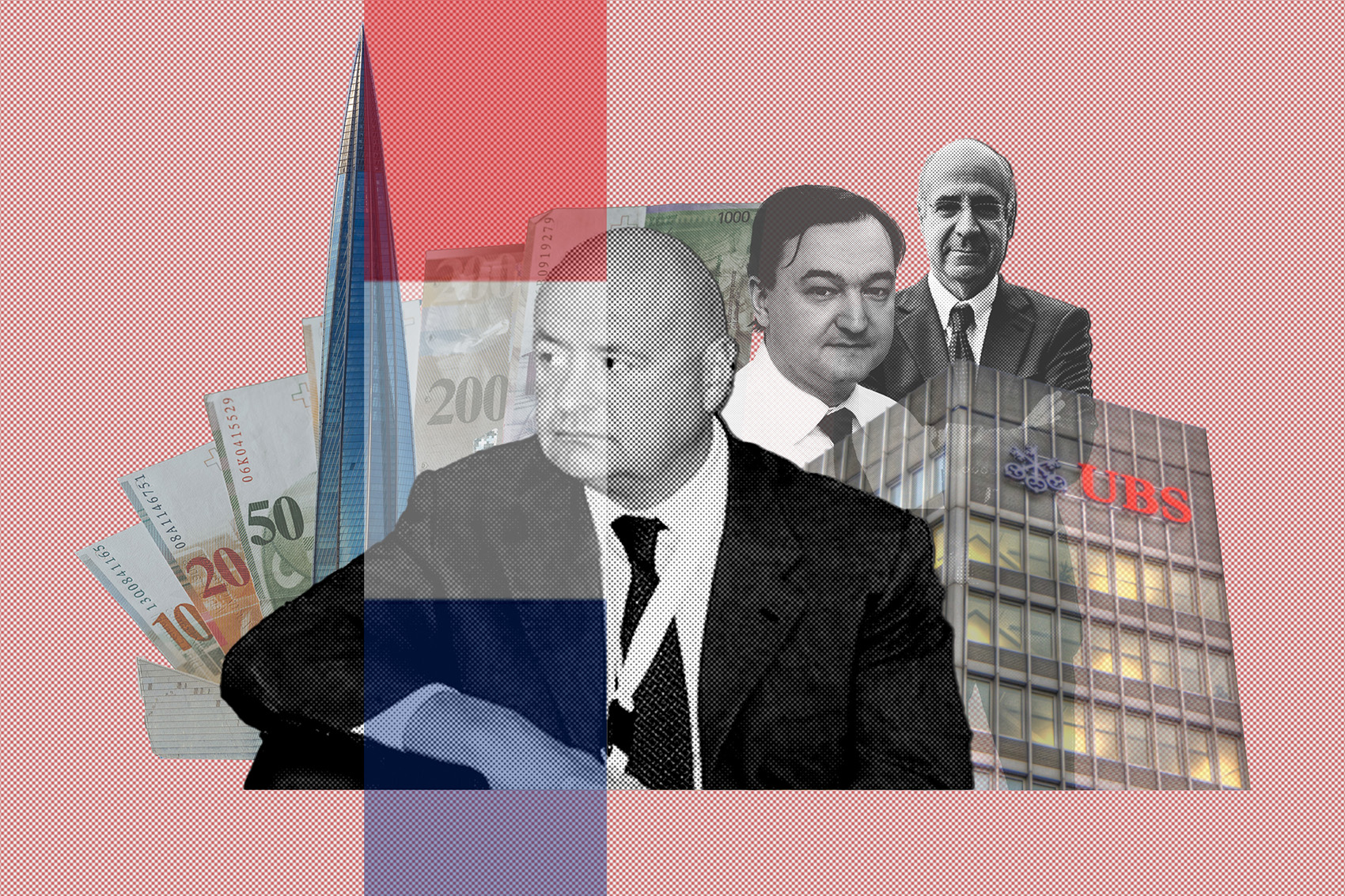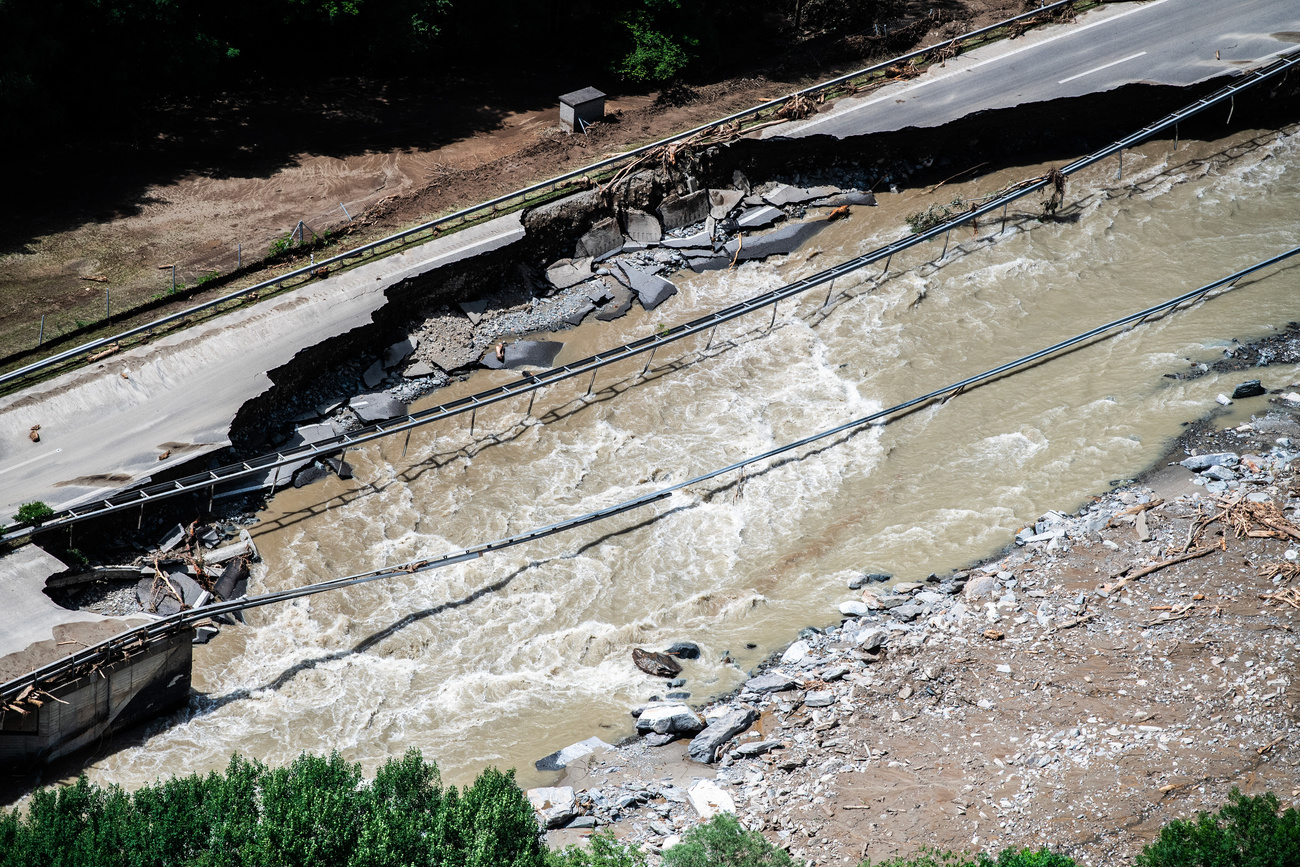Macron’s shock election call rocks euro and French markets
By Dhara Ranasinghe and Amanda Cooper
LONDON/SINGAPORE (Reuters) -The euro fell while French stocks and bonds tumbled on Monday, following President Emmanuel Macron’s decision to call a snap parliamentary election after being trounced in a European Union vote by the far right.
The euro fell by as much as 0.6% to a one-month low of $1.0733 and hit a 21-month trough against sterling of 84.49 pence.
French blue-chip stocks dropped 1.6%, led by steep losses in the likes of lenders such as BNP Paribas and Societe Generale, making the CAC 40 the worst-performing index in Europe. Europe’s benchmark STOXX 600 fell 0.5%.
French government bond prices also fell, pushing 10-year borrowing costs to their highest this year, around 3.20%. Centre, liberal and Socialist parties were set to retain a majority after the European Parliament elections, but eurosceptic nationalists made the biggest gains, raising questions about the ability of major powers to drive policy in the bloc.
Making a risky gamble to reestablish authority, Macron called a parliamentary election with a first round on June 30.
If the far-right National Rally party wins a majority, Macron would be left without a say in domestic affairs.
“That is probably somewhat bad news for markets,” said Berenberg chief economist Holger Schmieding.
“It introduces an unexpected element of uncertainty.”
Britain holds a general election on July 4 and crucial U.S. elections take place in November, while markets have lately turned fragile as U.S. rate cut expectations have dimmed.
Kathleen Brooks, research director at trading platform XTB, said in a note the “shock factor” from Macron’s decision to call a snap election would weigh on European markets on Monday, but who prevailed in the actual vote might carry more weight.
“The question for traders of the euro and European stock markets is just how radical will Marine Le Pen and Jordan Bardella be if they do well in the French parliamentary elections?” she said, referring to two far-right leaders in France.
WAKE-UP CALL?
While the euro and euro area assets have been largely cushioned by diminished euroscepticism compared with elections in the 2010s and early 2020s, the results and surprise reaction from France could be a wake-up call.
The premium bond investors demand to hold French government debt, rather than benchmark German bonds, touched its highest in six weeks, widening by 7 basis points (bps) to 55 bps.
The gap between German and Italian debt, which investors see as a measure of risk appetite in the broader region, also widened to nearly 140 bps, the most since late April.
“Obviously, the snap election is a new source of uncertainty, which should have some negative impact on economic and market confidence, at least in France,” said Jan von Gerich, chief market analyst at Nordea.
But he noted that EU election results do not always translate into domestic ones, due to different voting systems and as EU elections tend to attract a larger protest vote.
That said, shares in French banks were battered, with Societe Generale falling almost 8%, while BNP Paribas was down 5% as investors worried their funding costs may increase if French sovereign borrowing becomes more expensive amid higher spending, bankers said.
Analysts also noted that a big win for the far right in parliamentary elections could pave the way for a tax on bank profits – another reason why shares in French lenders were hit so hard on Monday.
The cost of insuring the debt of both banks against default rose to around the highest in a month, according to data from S&P Global Market Intelligence.
The European Central Bank last week delivered its first rate cut in five years and the currency is down almost 2.5% on the dollar this year, mostly driven by the relative outlooks for interest rate cuts in the euro area and United States.
In France, where concerns about the country’s high debt levels have grown this year, the implications of renewed political uncertainty for the economy could also be in focus.
Standard & Poor’s last month cut its rating on France’s sovereign debt, delivering a painful rebuke to the government’s handling of the strained budget days before the EU election.
(Additional reporting by Mathieu Rosemain in Paris; Ankur Banerjee and Tom Westbrook in Singapore and Stephen Culp in New York; Editing by Shri Navaratnam, Mark Potter, Kirsten Donovan and Emelia Sithole-Matarise)







